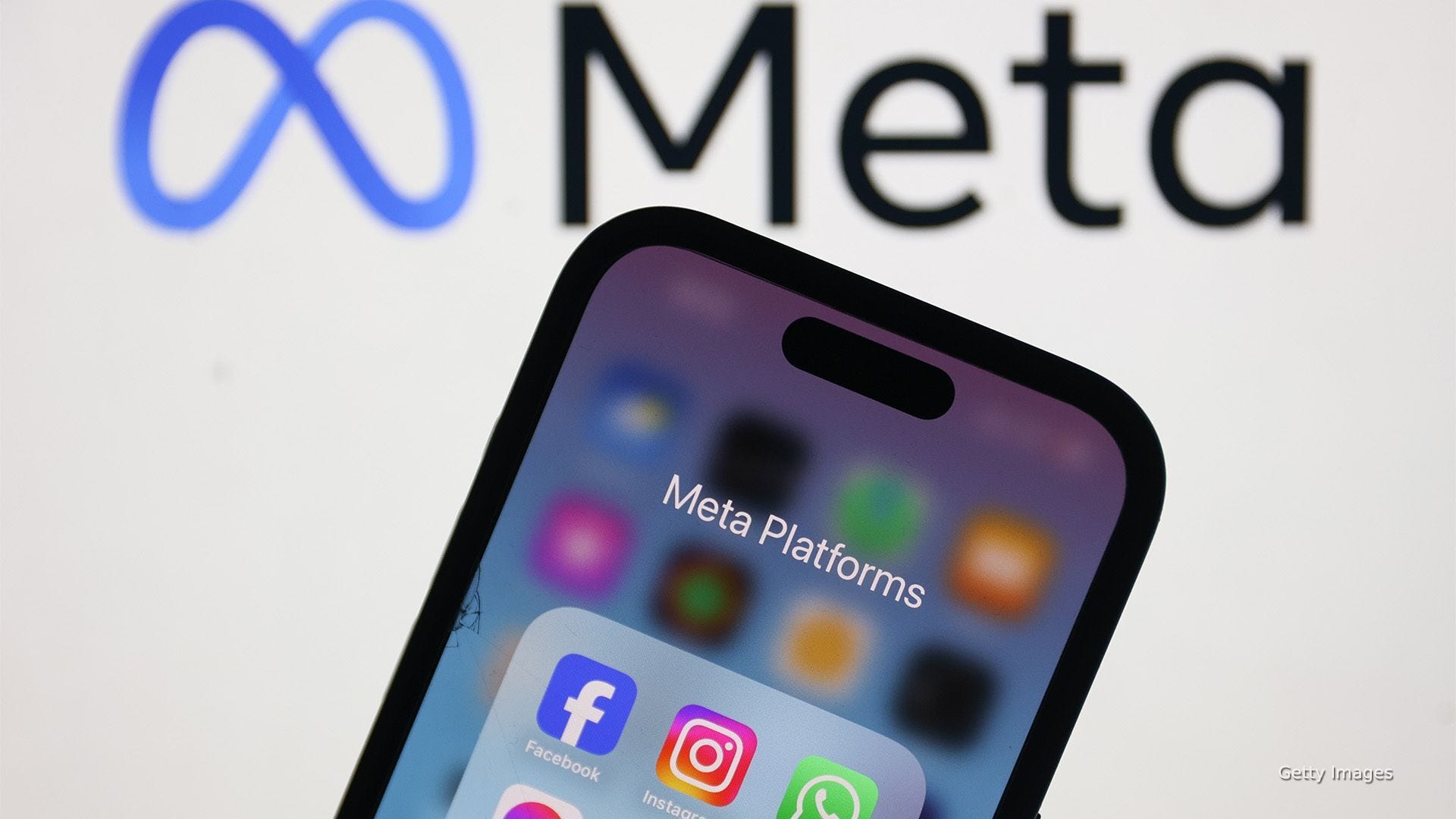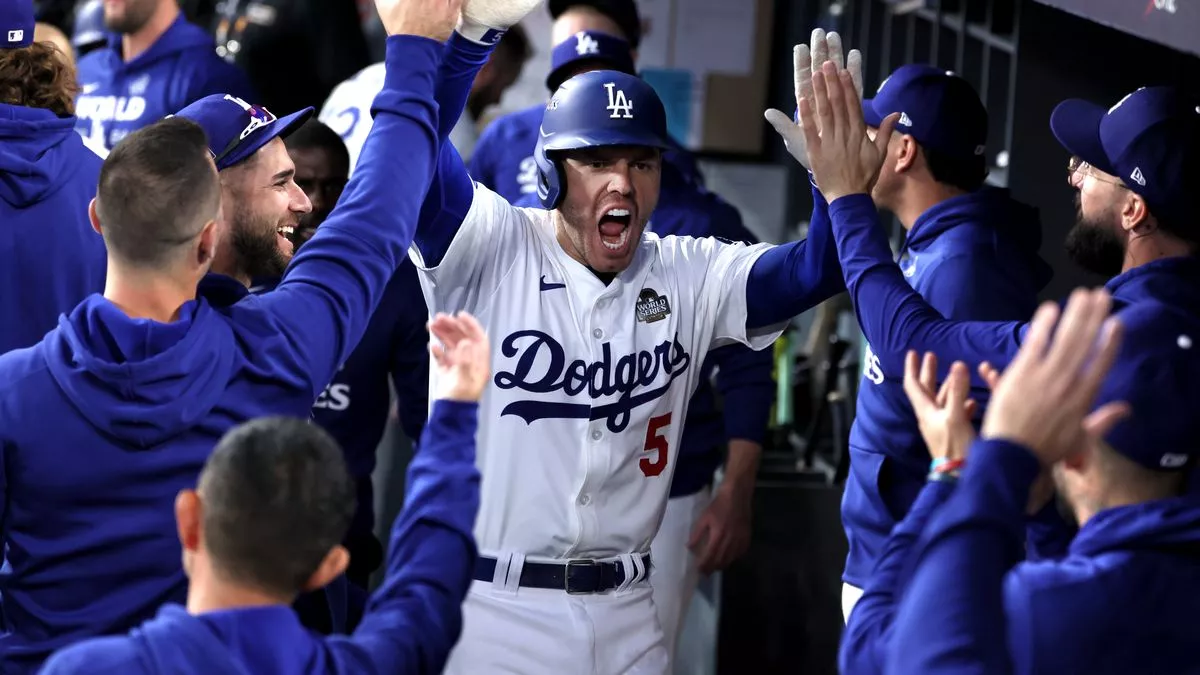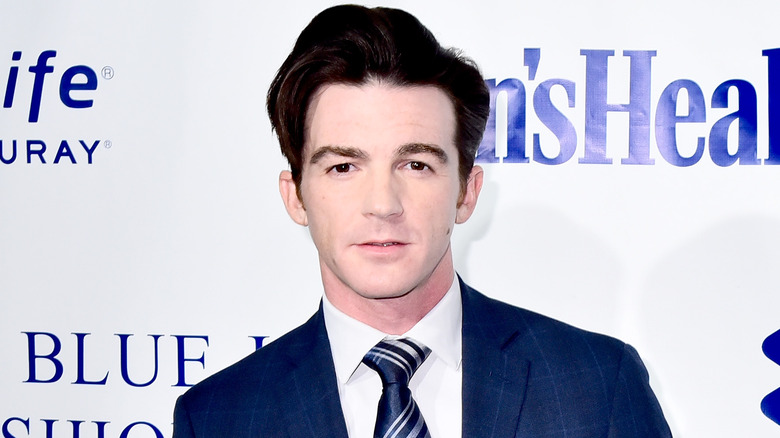Meta's Antitrust Defense: Key Developments In FTC Trial

Table of Contents
Meta's Core Arguments Against the FTC's Allegations
Meta's central defense rests on denying monopolistic power, emphasizing robust competition, and highlighting its continued innovation within the social media market. They argue that the FTC's case fundamentally misrepresents the competitive dynamics of the industry.
-
Argument 1: Robust Competition Exists: Meta claims that significant competition exists from other social media platforms. They cite the rise of TikTok, the continued presence of Twitter (now X), and the established user base of Snapchat as evidence of a dynamic and competitive market. TikTok's explosive growth, particularly amongst younger demographics, is presented as a significant challenge to Meta's dominance. While Meta holds a substantial market share, the argument suggests this isn't indicative of a monopoly given the significant traction of competitors.
-
Argument 2: Acquisitions Were Pro-Competitive: Meta justifies its acquisitions of Instagram and WhatsApp by arguing that these moves fostered innovation and improved user experience, not stifled competition. They maintain these acquisitions integrated complementary services, benefiting consumers and creating new possibilities within their ecosystem. The argument hinges on the idea that these platforms, had they remained independent, might have faced greater challenges scaling and innovating.
-
Argument 3: Consumer Choice and Benefits: Meta emphasizes the vast number of users who actively choose its services (Facebook, Instagram, WhatsApp) and the benefits they derive, such as free communication tools, diverse social interaction platforms, and access to a global network. They present user data demonstrating high engagement and continued growth as proof that consumers are satisfied with their offerings and have numerous alternatives available.
Key Evidence Presented by Meta in its Defense
Meta's defense relies on various forms of evidence to support its claims. This includes extensive market analysis, expert testimony, and internal documents.
-
Market Share Analysis: Meta presents market share data demonstrating its position relative to competitors, arguing that its share, while substantial, does not represent a monopoly. They highlight the growth of competitors and the overall fragmentation of the digital media landscape.
-
Expert Testimony: Meta has called upon economic experts to support its claims of competition and innovation. These experts aim to demonstrate that the market is far from static and that Meta's actions have not stifled competition. Their analysis likely focuses on factors beyond simple market share, encompassing innovation, consumer choice, and barriers to entry.
-
Internal Documents: Meta has presented internal documents showcasing its competitive strategies, though the release of these documents has faced some controversy. Redactions and disputes over the context and interpretation of these documents are expected, highlighting a key battleground in the trial. The FTC may argue these documents show evidence of anti-competitive behavior, while Meta's legal team will aim to show them in a different light.
The FTC's Counterarguments and Challenges to Meta's Defense
The FTC counters Meta's defense with evidence suggesting anti-competitive behavior and refuting Meta's claims regarding consumer benefits and market dynamics.
-
Evidence of Anti-Competitive Behavior: The FTC presents evidence suggesting that Meta's acquisitions of Instagram and WhatsApp were designed to eliminate potential competitors. They may argue that these acquisitions preemptively neutralized emerging threats, preventing a more diverse and competitive landscape from emerging.
-
Rebuttal of Market Share Analysis: The FTC likely disputes Meta's interpretation of market share data, potentially presenting alternative analyses showing higher concentration and less competition than Meta's presentation suggests. They may argue that market share alone does not fully capture the extent of Meta’s market power.
-
Witness Testimony: The FTC relies heavily on witness testimony from former employees, competitors, and industry experts to paint a picture of Meta's alleged monopolistic practices. These testimonies could reveal internal communications or strategies showcasing anti-competitive actions.
The Role of Key Acquisitions (Instagram & WhatsApp) in the Trial
The acquisitions of Instagram and WhatsApp are central to the FTC's case. The FTC argues these acquisitions eliminated budding competitors, consolidating Meta's power in the social media market.
-
Arguments For and Against Pro-Competitive Nature: Meta argues these acquisitions fostered innovation and benefitted consumers by integrating complementary services. The FTC counters that these acquisitions were anti-competitive, eliminating potential rivals and preventing the emergence of alternative platforms.
-
Impact on Competition: The core of the dispute revolves around the impact these acquisitions have had on competition. The FTC aims to demonstrate that these acquisitions significantly reduced competitive pressure and innovation, ultimately harming consumers.
-
Relevant Case Law and Precedents: Both sides will likely reference relevant case law and antitrust precedents to support their arguments. The judge’s interpretation of these precedents will play a significant role in the final verdict.
Conclusion
The Meta antitrust trial presents a complex battle between Meta's defense, emphasizing competition and innovation, and the FTC's allegations of monopolistic practices. The key arguments center on Meta's acquisitions of Instagram and WhatsApp, market share analysis, and the overall competitive landscape of the social media industry. The trial's outcome will have significant implications for the future of the tech industry and the interpretation of competition law in the digital age. The significance of the case extends beyond Meta itself, setting precedents for future antitrust cases involving large tech companies. Understanding the intricacies of Meta's antitrust defense is essential for anyone interested in the ever-evolving dynamics of digital competition. Stay informed about further developments in Meta's antitrust defense and the FTC's counterarguments by following reputable news sources and legal analyses.

Featured Posts
-
 Confortos Dodgers Debut Can He Match Hernandezs Performance
May 18, 2025
Confortos Dodgers Debut Can He Match Hernandezs Performance
May 18, 2025 -
 Confortos Path To Success Can He Mirror Hernandezs Impact On The Dodgers
May 18, 2025
Confortos Path To Success Can He Mirror Hernandezs Impact On The Dodgers
May 18, 2025 -
 Carrie Underwood And Taylor Swift The Feud Explained According To A Source
May 18, 2025
Carrie Underwood And Taylor Swift The Feud Explained According To A Source
May 18, 2025 -
 Bin Ladens Capture A Netflix Series Exposes The Key Phone Call
May 18, 2025
Bin Ladens Capture A Netflix Series Exposes The Key Phone Call
May 18, 2025 -
 Fresh Sounds New Music From Ezra Furman Billy Nomates And Damiano David
May 18, 2025
Fresh Sounds New Music From Ezra Furman Billy Nomates And Damiano David
May 18, 2025
Latest Posts
-
 Classmate Shares Account Of Amanda Bynes Past At School
May 18, 2025
Classmate Shares Account Of Amanda Bynes Past At School
May 18, 2025 -
 Amanda Bynes Rachel Green And Drake Bell Unpacking The Comparison
May 18, 2025
Amanda Bynes Rachel Green And Drake Bell Unpacking The Comparison
May 18, 2025 -
 Drake Bells Controversial Comparison Amanda Bynes And Rachel From Friends
May 18, 2025
Drake Bells Controversial Comparison Amanda Bynes And Rachel From Friends
May 18, 2025 -
 Drake Bells Amanda Bynes Rachel Green Comparison What He Said
May 18, 2025
Drake Bells Amanda Bynes Rachel Green Comparison What He Said
May 18, 2025 -
 Michael Confortos Path To Success Breaking Down His Spring Training Challenges
May 18, 2025
Michael Confortos Path To Success Breaking Down His Spring Training Challenges
May 18, 2025
